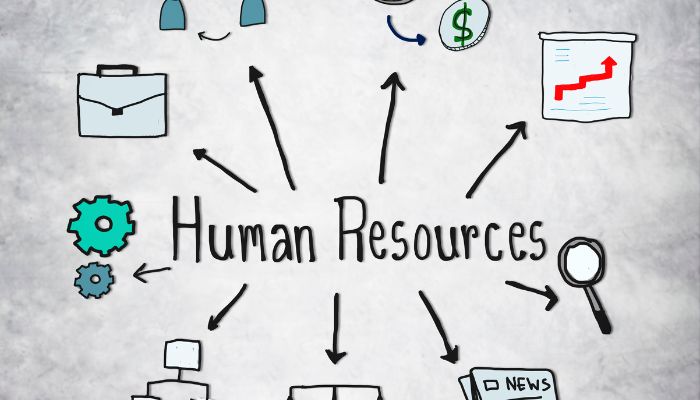The Changing Landscape of the Business World
The business world is changing at a fast pace. Workplaces of today are dynamic and diverse. This diversity leads to different kinds of employee expectations. They expect to be trained and empowered to think and work independently. Good companies know that employee autonomy and independence lead to greater job satisfaction. HR’s primary goal is to marry this need of the employees for autonomy with the business goals of the organization. This is possible by building a culture of responsible autonomy.
What is Responsible Autonomy?
Responsible autonomy is the management technique of allowing employees more discretion and a larger variety in their work. Agile organizations work towards providing an enabling environment for employee autonomy in a responsible manner. So, how does one achieve this?
Aligning Employee Autonomy with Business Goals
HR would do well, to begin with, by first studying the business goals of the organization and then utilizing the best talent available for the business verticals. It is also useful to make this team of the best talent to work with other teams when they have time on hand (cross deployment of skill).
Related Reads
Flexible Handling of a Diverse Workforce
Modern diverse workplaces having different kinds of employees require flexible handling of them. HR must have their ear to the ground to retain and grow the best talent. Employees should be given choices and options with honesty and transparency. For example, at the time of recruitment itself, an employee must be given the option of leaving with severance within a stipulated time frame in case the company is not a good fit for them. A strategy like this can bring good results as far as a culture of flexibility, and great performance is concerned.
Ongoing Conversations for Employee Growth
Another way towards building responsible autonomy is to keep having an ongoing conversation between managers and employees instead of an annual review. The role of a manager is more of a facilitator in modern workplaces. He is someone who enables employees to find solutions at work. His job is to let the employees decide how they would like to arrive at the goal that was agreed on by them together.
Meeting the Evolving Expectations of New-Age Employees
New age employees are a restless breed. They want different work experiences that give them wider learning. Promotion and staid career progression does not hold their interest always. It is essential for HR to give some thought to this need of theirs and provide them with a variety of roles and experiences on a regular and frequent basis.
Personalizing Employee Benefits
Lastly and most importantly, employees need autonomy in deciding their benefits. A young employee may want a gym membership as an employee benefit, whereas an older employee would need medical insurance. Parents of young children would value childcare benefits more. HR must work towards personalization of benefits as far as possible to attract and retain the best talent.
Leveraging Technology for Responsible Autonomy
Use of AI and data analytics for meaningful insights about cutting edge talent solutions goes a long way in planning people strategies. Intelligent use of technology and insight can empower HR to build a culture of responsible autonomy where employees enjoy autonomy to shape their careers and also shoulder responsibility towards achieving business goals.
Reference:
‘Building a culture of responsible autonomy, By Shanthi Sunder, People Matters






